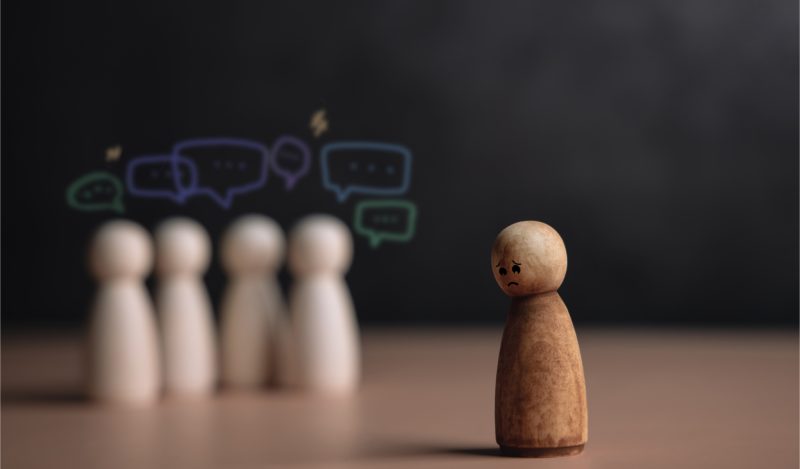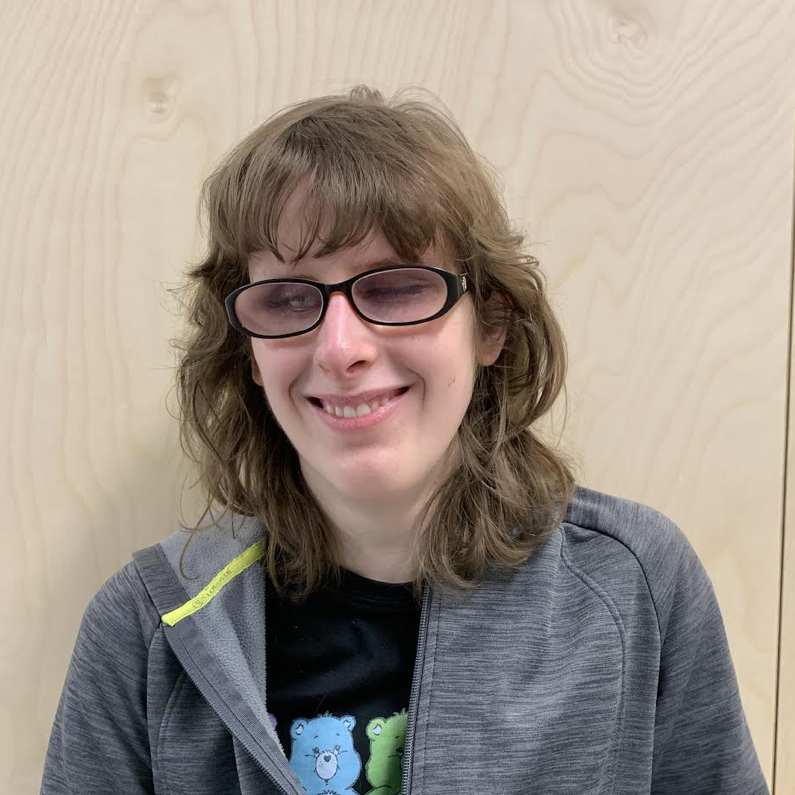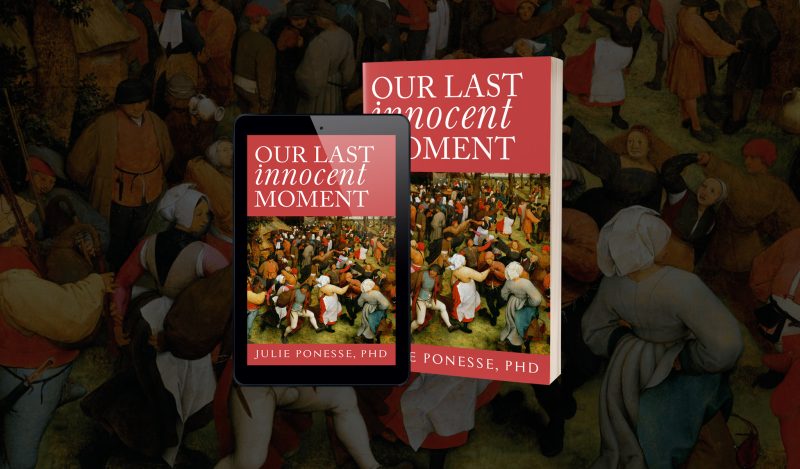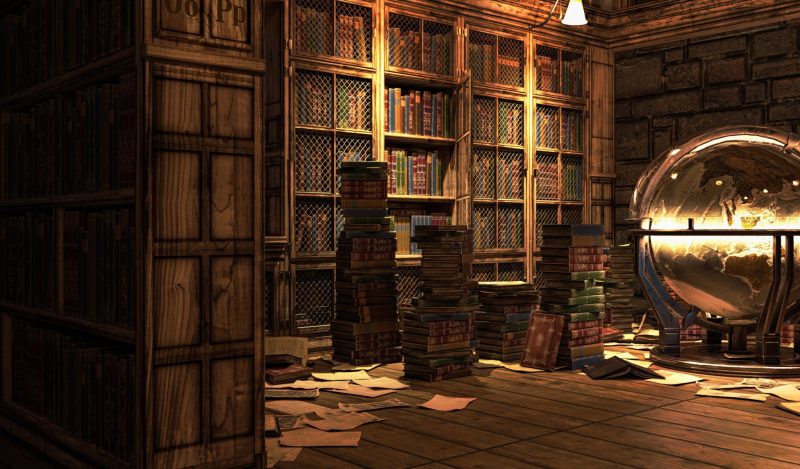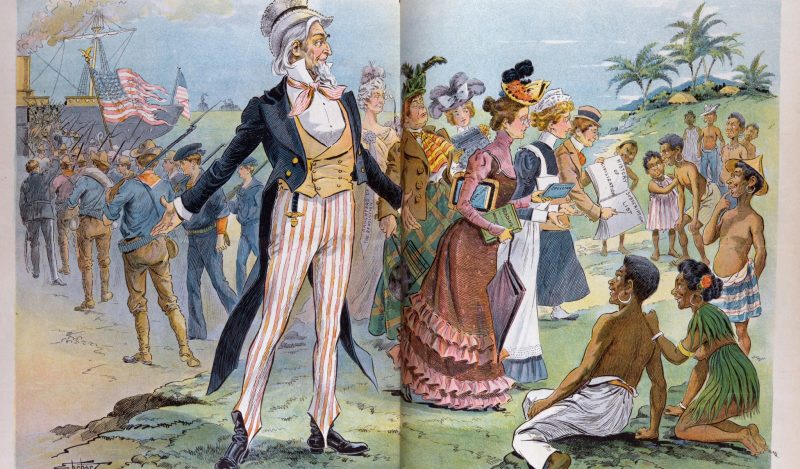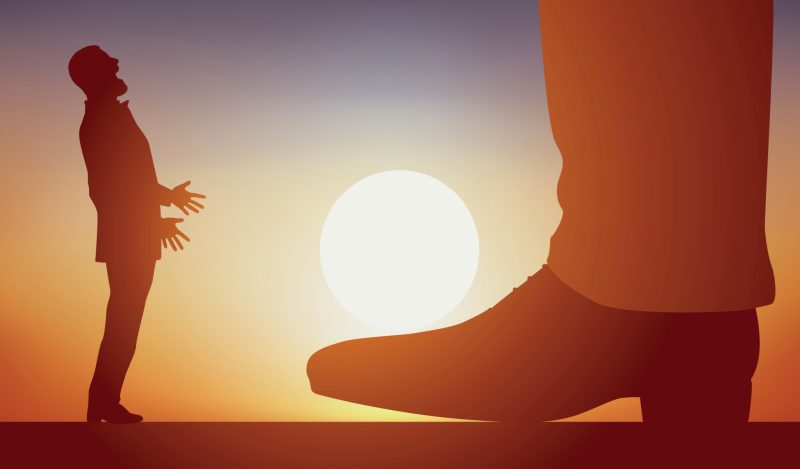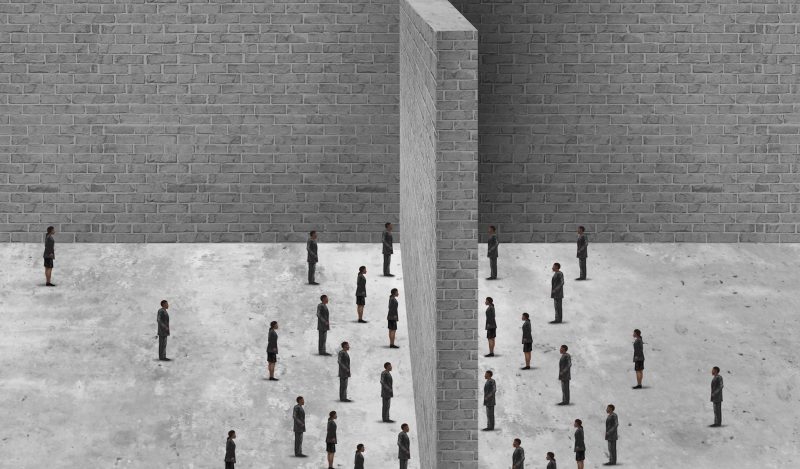During the past few months, I have contemplated the situation that people like me face. The differently abled deal with challenges that make inclusion more difficult than it is for most people. Inclusion has always been more challenging for me because I cannot see to approach others. People are often intimidated by those they do not understand, which means that they do not always approach me readily at first.
Covid restrictions amplified the issues by isolating me from the rest of the world, which caused me to forget some of the self-advocacy and socialization skills that I worked to develop throughout my life. Forgetting harms a differently abled individual’s ability to participate fully in community life. Many people do not know about or consider these problems.
What would need to change in order to make inclusion for all a central focus? What would the lives of the differently abled be like if they were loved and truly accepted as part of the group? My experiences showed me some possible methods of achieving these goals.
The self-advocacy abilities that I spent most of my life developing have suffered during the past two years, emphasizing the need to help the differently abled strengthen their skills. Since I was very young, I faced the challenge of learning to speak up for myself. I quickly learned that actions like calling out with questions or comments and asking the teachers to explain what was on the board were vital for my active participation in class.
Going to university required me to form new skills to have a full education. Since I was one of the first blind students there, the school did not always know how to meet my needs. That meant explaining my support requirements to the staff, including alternate formats for textbooks and other class materials. Obtaining accessible material was not always a smooth process. However, these struggles were valuable because they provided new self-advocacy opportunities.
Those experiences also allowed the staff to learn how to accommodate someone like me, which will ease future students’ efforts to have their needs met. Unfortunately, my current quiet lifestyle caused me to forget some of my advocacy skills. I only communicate with a few people and much of that happens online. Problems occur in groups over Zoom because, unless somebody addresses me directly, I do not always know when to speak. That makes it easier to forget to ask questions or say that I need help.
The knowledge that others might also have forgotten emphasizes the harm done to the differently abled. Recognizing this opens the way for positive changes. People like me will have to learn or relearn to speak for themselves, which may pose problems due to how Covid restrictions have separated them from the rest of society. Finding opportunities to practice and being encouraged are tools that will help to heal the damage. Forming and maintaining self-advocacy skills is vital for enriching a differently abled individual’s sense of self.
I have also noticed that masked and online communication make it more difficult to build and maintain relationships. My decreased social life taught me exactly how much harder it is to make friends when relationships are separated from real life. Fully real interactions enable me to sit beside and talk with friends. Even without talking, we can enjoy the warmth of just being close and present. Being forced to wear masks strengthens the barriers that my different abilities already hold by increasing people’s reluctance to engage in conversation.
In my experience, the resulting conversations are usually short and lean more towards superficiality than true meaning. I feel small and shrink in on myself while wearing a mask. I avoid situations that require covered faces in order to counter these negative impacts. Being limited like this normalizes exclusion and makes it difficult to practice socialization.
Online communication compounds the issue because it does not contain the warmth of real interaction. I usually do not know who is there or would want to talk with me in a Zoom group, meaning that I have trouble starting conversations. Others do not always talk either and the time for conversation is usually limited, making bonding challenging. Even when asked direct questions, I tend to give brief answers, furthering the issue. All of that increases my feeling of anonymity, decreasing the likelihood of effective communication. My reduced communication with others has made me more nervous about talking to people, even in real life.
Along with that nervousness came an increased desire to embrace the benefits of my quiet life, including silence. However, too much silence led me to forget what to say during conversations, which was a painful realization. The knowledge that I need to consciously work to remember my once ordinary skills is frightening. These factors make it easy to forget how to be social. Others with alternate abilities may struggle with similar or worse problems.
What kind of message does depriving them of their sense of community send? “We don’t want you and can’t be bothered to make accommodations. We’ll just ignore you and hope you’ll go away.” Instead of being discriminated against, we need to be wanted and valued, which requires rebuilding those lost communities. It is necessary to start forming real, solid connections again without the separation caused by only communicating online or being forced to cover our faces to share the same physical space. To do that, we will have to be close and practice having meaningful conversations.
Individual discussions are easier for me because they provide the opportunity to practice my skills with minimal pressure about knowing when to speak. Taking time to talk with one other person also enables both involved to feel loved and valued by others, which is a necessary step towards restoring communities. It is time to find methods that allow everyone to form fulfilling relationships and learn to be social again.
People’s attitudes towards those with special needs will have to change so that positive societal transformation can occur. Many people encounter those who they perceive as different with preconceived expectations, preventing healthy understanding from forming. In the past, individuals who knew about my blindness and cerebral palsy have assumed that I would not be intelligent and therefore less capable of doing the same things as my peers. After they got to know me, they were surprised to find that I am intelligent and capable.
The opposite has also happened when guest speakers in school did not expect to be teaching a blind student. I managed to shock them by asking about pictures on the board, which brought on profuse apologies. Biases like these must be overcome. The differently abled can assist by sharing their stories and talking with those who might be unfamiliar with their daily challenges. I am responsible for teaching others how my alternate abilities impact me without completely defining my character.
Open dialogue is only possible when people with all of the usually expected abilities acknowledge the differently abled in ways that promote loving-kindness, rather than fear. The process can begin with something as simple as saying hello. One of my closest friends started our first conversation by choosing to sit beside me in class and saying good morning. She responded with a willingness to give me a chance, which is an effective way to create inclusion.
Further actions will build solid friendships. It helps me to recognize that people are talking to me when they address me by name and introduce themselves until I know their voices. That way, I will know when to respond. Asking and being asked genuine questions deepens my mutual understanding with friends, further solidifying our relationships. True understanding can lead to discovering shared interests, which can be explored by participating in activities.
My experiences taught me that inclusion for all sometimes takes work but is possible. I took a yoga class in high school where I had trouble with some of the poses due to my weaker left side. My aid found modified poses so that I could participate fully with the other students. Simple inclusion methods enrich everyday life. I enjoy being able to cook with my family and help in other small ways.
Touching objects and having pictures described give me a sense of what most people see. Touch is often clearer than description because I can directly experience an object’s size, shape and texture. It is important for me to know that I can fully share experiences like this with my friends and family. Discovering ways for all people to contribute, even though the methods might differ, enables everyone to be accepted just as they are. Warm, genuine acceptance is necessary for creating a society that really values loving-kindness and equality.
We must reconsider how people’s special needs are met. I have had problems with this, especially in regards to technology. When a new braille tablet became available, it was clear that it would not help me because it did not have one-handed mode. The company that created the tablet had one-handed mode as a feature on the previous device but since I was one of very few who used it, it was not installed on the new one until two years later.
Being forced to wait for that long shook my confidence in the concept of equality. Just because I am a rare case does not mean that I should be overlooked. That goes for anyone who does not fall into people’s expected categories. Ignoring our needs sends a message of discrimination, rather than inclusion.
The cost of accessible technology furthers that message. When I finally got the new braille tablet, the price was exorbitant. I needed it for my university studies so I had no choice. Charging extremely high prices for beneficial devices adds stress to the ordinary struggles that people like me face. My technology expanded my world. Without it, I would have had a hard time continuing my education and would likely have had a further decreased social life. Along with accessible technology, accessible materials are necessary to meet people’s unexpected needs.
Meeting those needs can be difficult because not all materials are available in readable formats. In university, I was often required to wait for the publishers to send electronic versions of textbooks, which then had to be converted so that my computer could access them. Waiting meant that others read the material to me, which decreased my independence and could be time-consuming. This meant that I risked falling behind the rest of the class so I needed to spend extra time on the readings in order to keep up.
Sometimes, I had trouble keeping up because my computer would be unable to process class documents that did not convert properly. Still, I persevered. While the learning aspect of accessibility is important, entertainment’s role must also be taken into account. Some media provide entertainment with inclusion in mind. However, inaccessible media still exists, meaning that not everyone can obtain the same level of enjoyment. When a movie is poorly described, or not described at all, I miss important details about its plot and characters. Many books do not come in braille or audio formats, while others are poorly narrated. This deprives me of potentially enjoyable reading and listening experiences.
Lack of accessibility increases the likelihood of being left out, which should not be viewed as right or normal. Everyone deserves the chance to pursue their goals and interests. Making technology and materials more accessible and easier to afford would vastly improve the lives of the differently abled by providing that chance. When their needs are acknowledged and met, they will gain increased independence and be able to participate more fully with their peers. They will also be able to manage their daily struggles more easily. All of this will allow people with different abilities to find joy and fulfillment in their lives.
As a member of the differently abled community, I have struggled with increased challenges due to Covid restrictions that have limited my fulfillment. Isolation caused me to forget how to advocate for myself and be social. Others likely deal with similar problems, which made me aware of what needs to change so that everyone can be included.
People’s attitudes will have to move towards acceptance, which I believe is valuable for everybody. Once acceptance becomes natural, people will be able to share the love that is necessary for growth more freely. It is time to choose inclusion and loving-kindness.
Published under a Creative Commons Attribution 4.0 International License
For reprints, please set the canonical link back to the original Brownstone Institute Article and Author.
